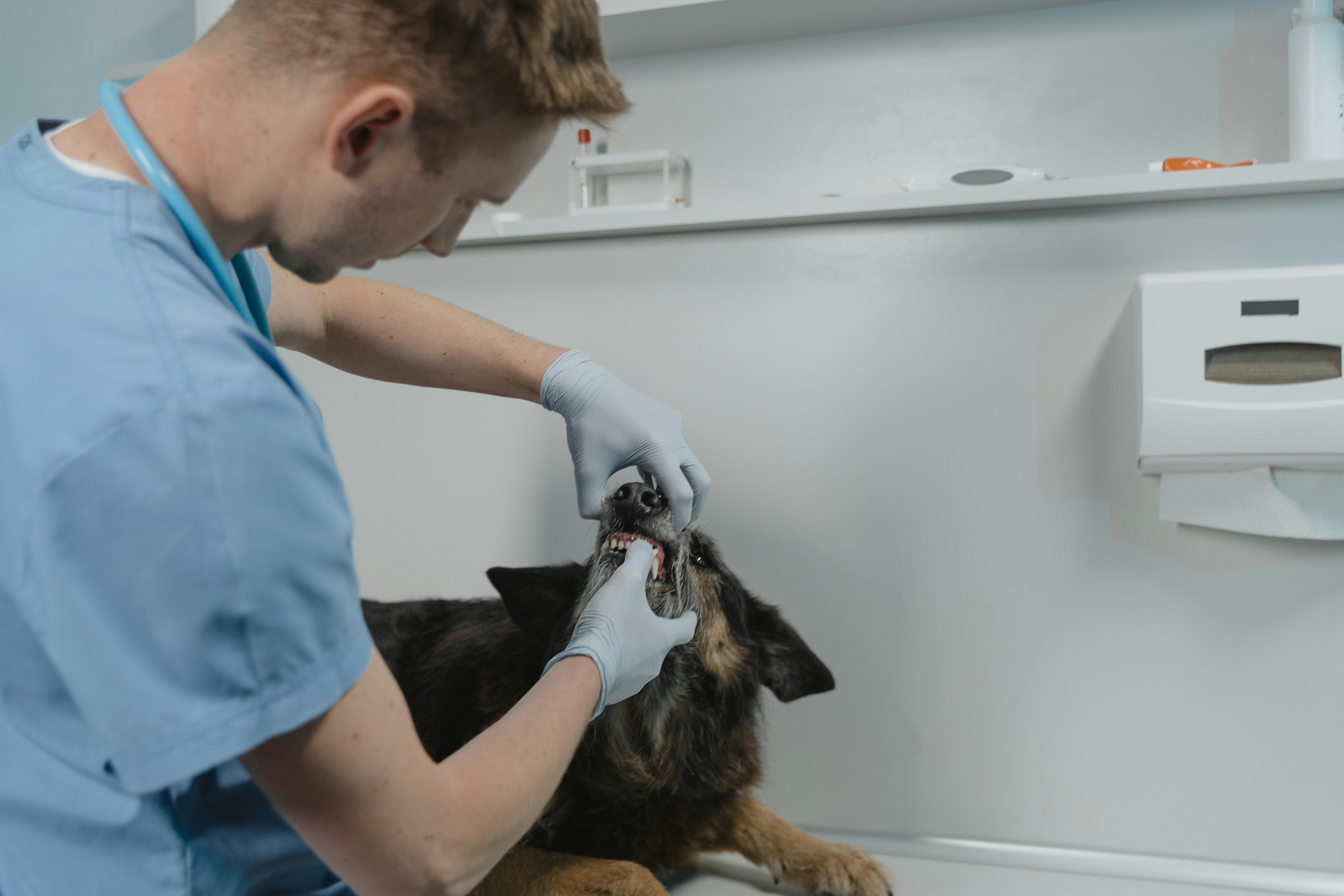What Are Pet Vaccinations?
Vaccinations help prepare your pet’s immune system to recognize and fight off specific infectious diseases. They work by stimulating the immune system to produce antibodies against certain pathogens—without causing the actual disease.
Vaccines fall into two categories:
Core vaccines: Essential for all pets, regardless of lifestyle, due to the severity or contagious nature of the diseases.
Non-core vaccines: Recommended based on a pet’s environment, lifestyle, and risk of exposure.
Both types play a vital role in your pet’s health plan and should be discussed with your veterinarian.
Core Vaccines for Dogs and Cats
For Dogs:
Rabies: Legally required in most regions. Protects against a fatal virus that affects the brain and nervous system.
Distemper: A highly contagious and potentially deadly viral disease affecting the respiratory, gastrointestinal, and nervous systems.
Parvovirus: Causes severe vomiting and diarrhea, often fatal in puppies if untreated.
Adenovirus (Canine Hepatitis): Affects the liver, kidneys, and eyes.
For Cats:
Rabies: Required in most states; cats are also at risk.
Feline Panleukopenia (Distemper): A severe and often fatal disease causing fever, vomiting, and low white blood cell count.
Feline Calicivirus: Causes upper respiratory issues, oral ulcers, and pneumonia.
Feline Herpesvirus (Rhinotracheitis): Causes respiratory and eye infections.
Non-Core Vaccines to Consider
These are administered based on your pet’s exposure risk. Common non-core vaccines include:
For Dogs:
Bordetella bronchiseptica (Kennel cough): Important for social dogs that attend daycare, boarding, or grooming.
Leptospirosis: A bacterial disease spread through contaminated water.
Lyme Disease: Protects against infection transmitted by ticks.
For Cats:
Feline Leukemia Virus (FeLV): Recommended for kittens and outdoor cats.
Chlamydia: Prevents respiratory infections caused by Chlamydophila felis.
When Should Pets Be Vaccinated?
Vaccination schedules vary based on age, species, and medical history. Here is a general guideline:
Puppies and Kittens (6–16 Weeks)
First vaccinations begin around 6–8 weeks of age.
Boosters are given every 3–4 weeks until about 16 weeks.
Adult Dogs and Cats (Over 16 Weeks)
If they haven't been previously vaccinated, they receive a series of initial shots followed by booster doses.
Booster Shots
Core vaccines typically require a booster one year after the initial series and then every 1–3 years depending on the vaccine type and local regulations.
Always consult your vet to develop a custom schedule based on your pet’s needs and health status.
Why Are Vaccines So Important?
Prevent Fatal Illnesses
Diseases like rabies, parvo, and distemper can be fatal. Vaccines offer effective protection and peace of mind.Protect Public Health
Some diseases like rabies and leptospirosis can be transmitted to humans (zoonotic diseases). Vaccinating pets also protects people.Ensure Safe Socialization
Vaccinated pets can safely interact with other animals in parks, boarding facilities, and daycare centers.Lower Long-Term Healthcare Costs
Preventing illness is often far cheaper than treating a sick pet. Vaccines can help avoid expensive emergency visits or long-term treatments.
Final Thoughts
Vaccination is one of the most responsible steps you can take as a pet parent. By staying informed about what vaccines are necessary, when they should be administered, and why they’re important, you are actively contributing to your pet’s lifelong health and safety.
Always keep a record of your pet’s vaccinations and consult your veterinarian regularly to ensure you’re up to date. A well-vaccinated pet is a happy, healthy pet—ready to enjoy life to the fullest.

How Petovac Works: Booking, Services, and What to Expect During a Home Visit
How Petovac Works: Booking, Services, and What to Expect During a Home Visit Pet owners in Bengalur...

Top 10 Most Popular Dog Breeds in India (2025 Edition)
Are you planning to bring home a furry companion? Whether you're a first-time pet parent or an exper...

Pet Dental Care: Why Your Pet’s Teeth Matter and How to Care for Them
Pet dental care is a critical yet often overlooked aspect of ensuring your furry companion’s o...
